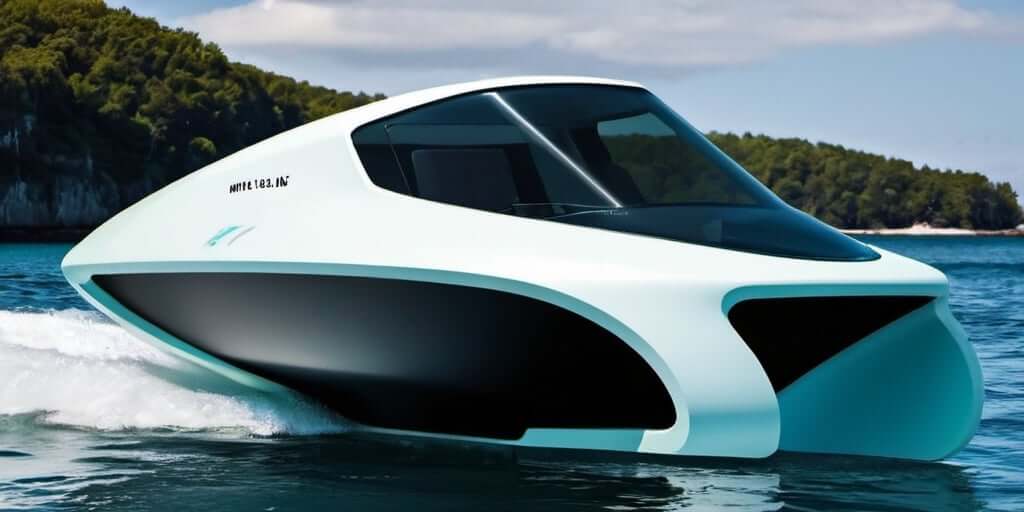Introduction
Maritime transportation forms the backbone of global trade, yet it also draws attention with its environmental impacts. Traditional maritime vessels powered by fossil fuels contribute to environmental problems by emitting harmful emissions into the atmosphere, thus polluting the air and water. However, in recent years, electric maritime vehicles have emerged as an eco-friendly and sustainable alternative. This article explores the importance, advantages, current status, and future of electric maritime vehicles.
The Importance of Electric Maritime Vehicles
Electric maritime vehicles represent a significant step towards environmentally friendly and sustainable maritime transportation. While vessels running on traditional fossil fuels increase carbon emissions and contribute to pollution, electric maritime vehicles operate on clean energy sources, reducing their carbon footprint and causing less harm to the environment.
Advantages
Electric maritime vehicles offer several advantages, including:
- Environmentally Friendly: Compared to traditional fuel-powered vessels, electric maritime vehicles produce fewer carbon emissions, resulting in less pollution and environmental damage.
- Lower Operational Costs: Electric maritime vehicles generally offer cost savings in operational expenses compared to traditional fuel-powered vehicles. Stable electricity prices and lower maintenance costs support this advantage.
- Reduced Noise Pollution: Electric maritime vehicles operate more quietly than internal combustion engine vessels, resulting in less noise pollution in the marine environment.
- Improvement in Local Air Quality: By improving local air quality in ports and coastal cities, electric maritime vehicles positively impact human health.
Current Status and Future
The electric maritime vehicles industry is rapidly evolving. Numerous maritime companies worldwide are making significant investments in the development and utilization of electric and hybrid maritime vehicles. Particularly in specific use cases such as passenger ships, ferries, and workboats, electric maritime vehicles are becoming increasingly prevalent.
In the future, the widespread adoption of electric maritime vehicles is expected. Advancements in battery technology will enable longer ranges and faster charging times. Additionally, ongoing research on the design and operation of electric maritime vehicles will further enhance energy efficiency.
Progressivve Time
Electric maritime vehicles constitute the foundation of eco-friendly and sustainable maritime transportation. With their advantages and environmental benefits, the proliferation and further development of this technology represent a promising step towards the future of maritime transportation. Through continued research and investments, electric maritime vehicles can make a significant contribution to maritime transportation worldwide.
